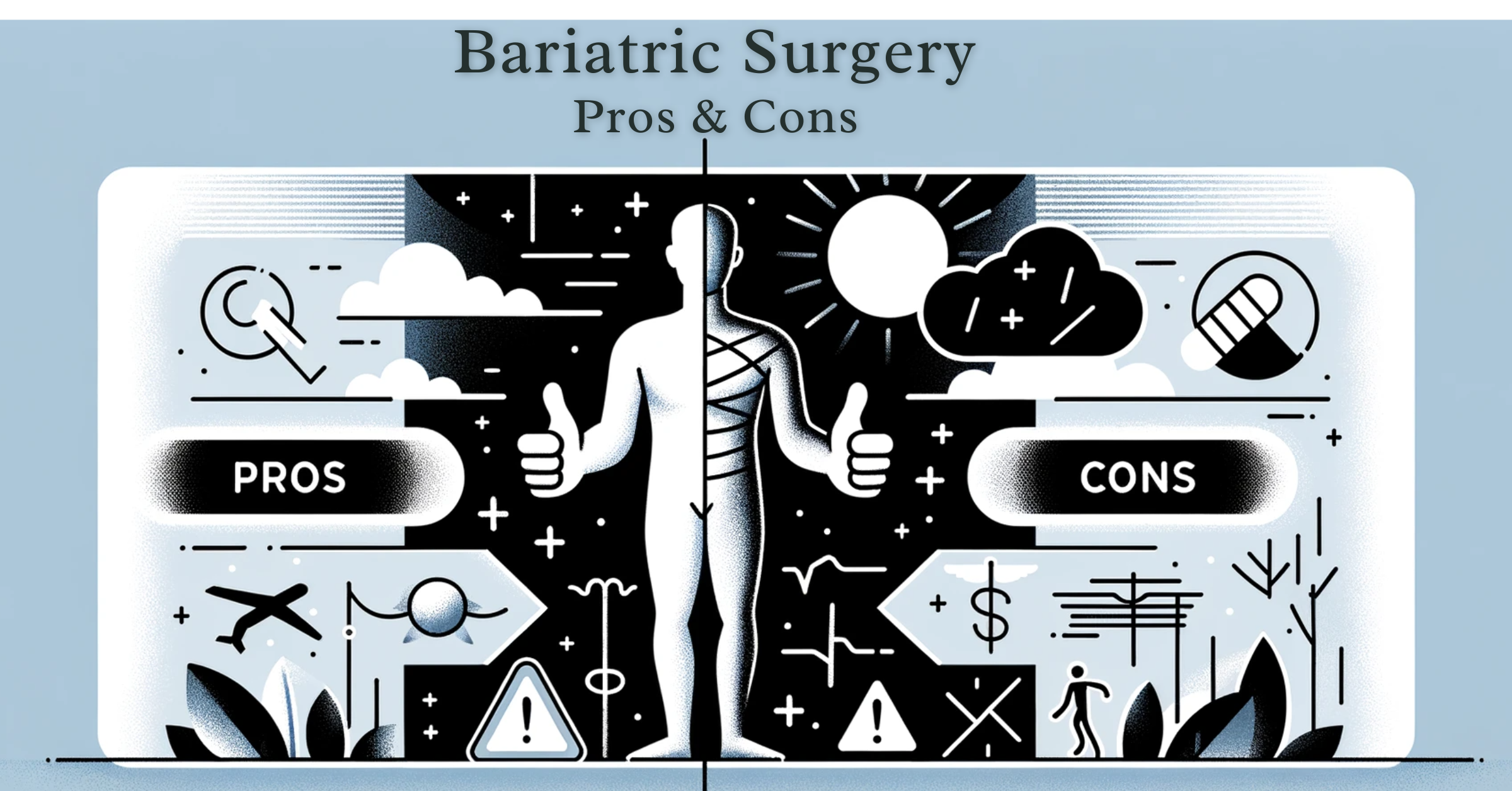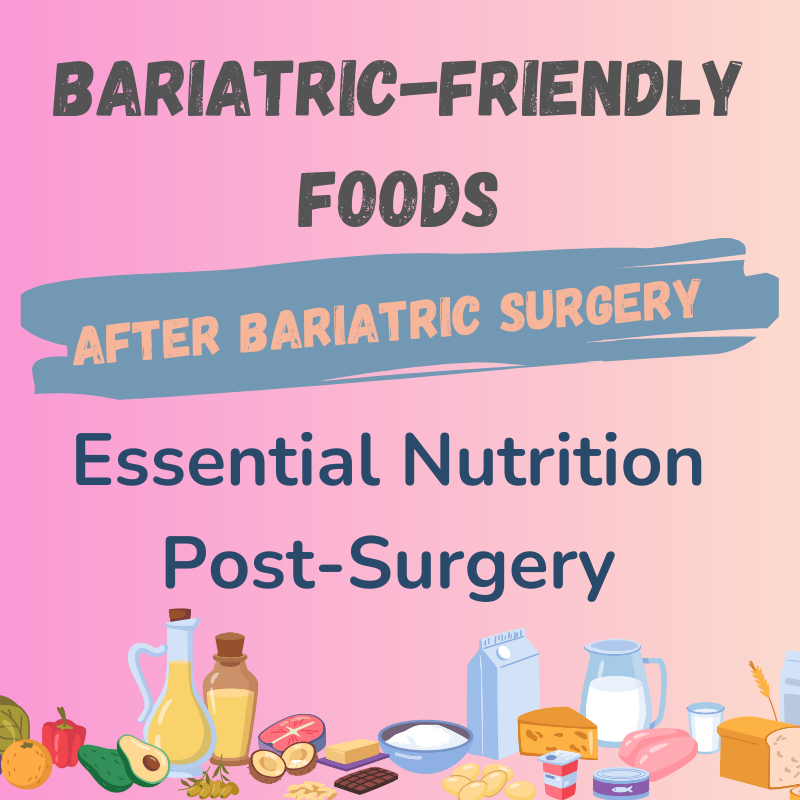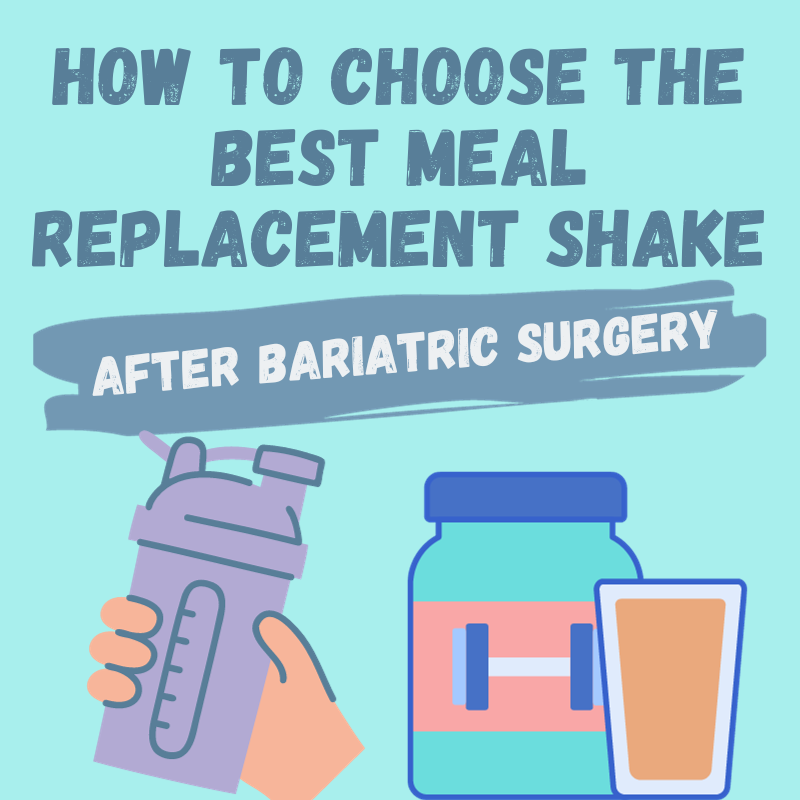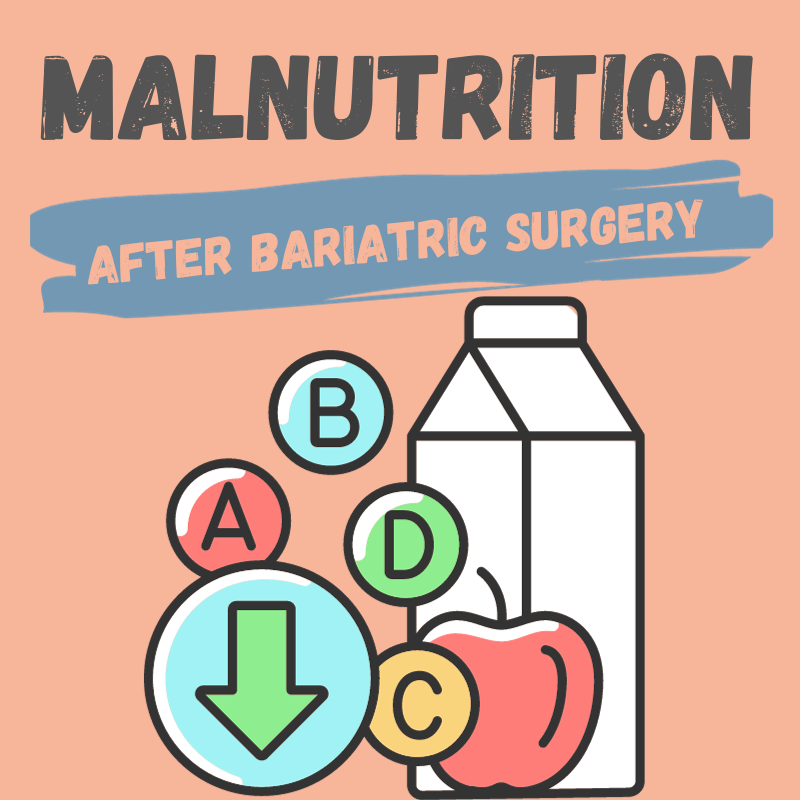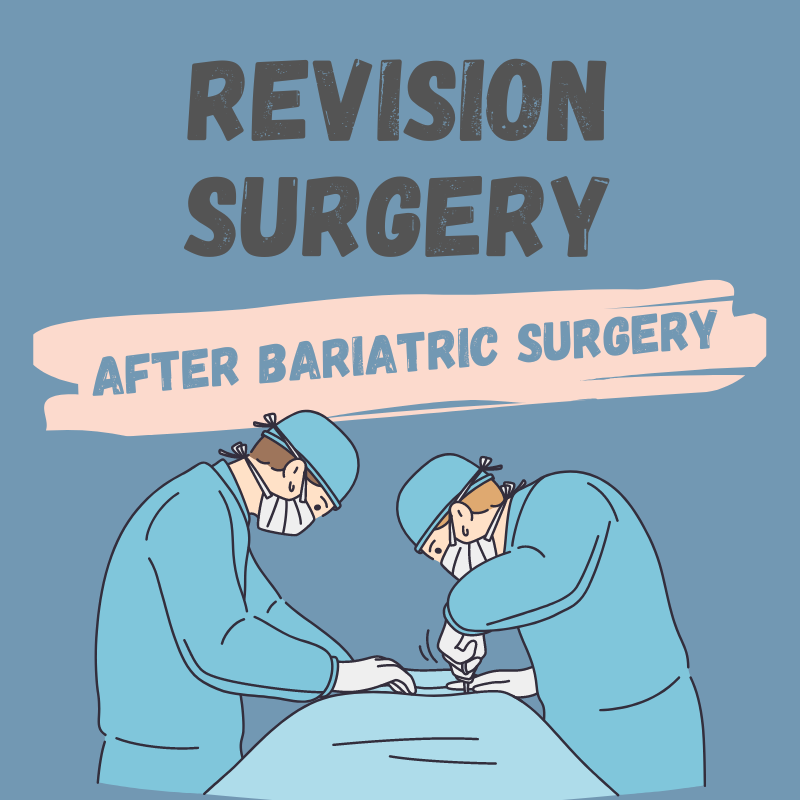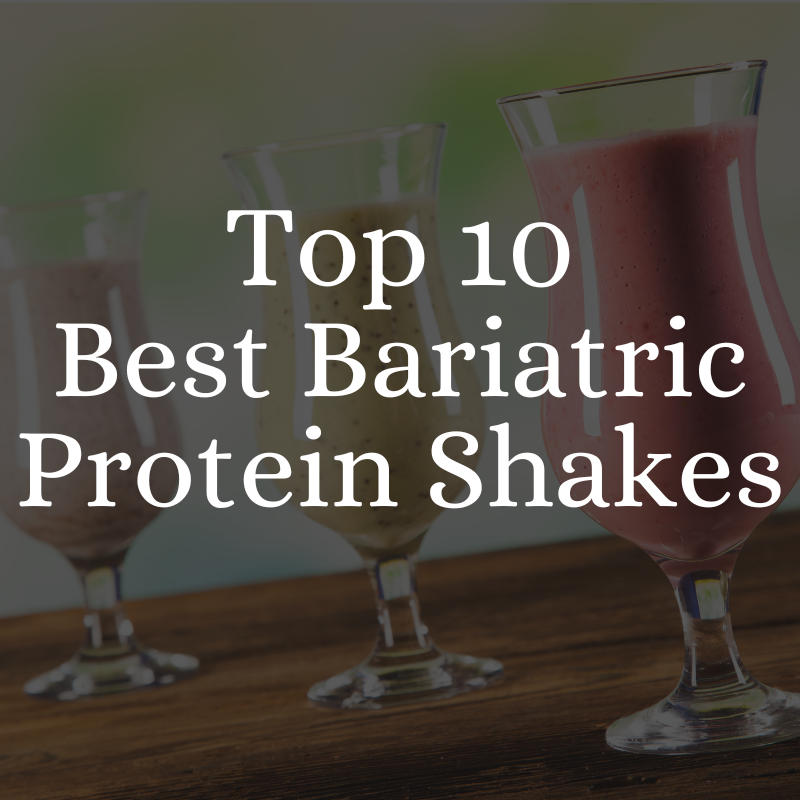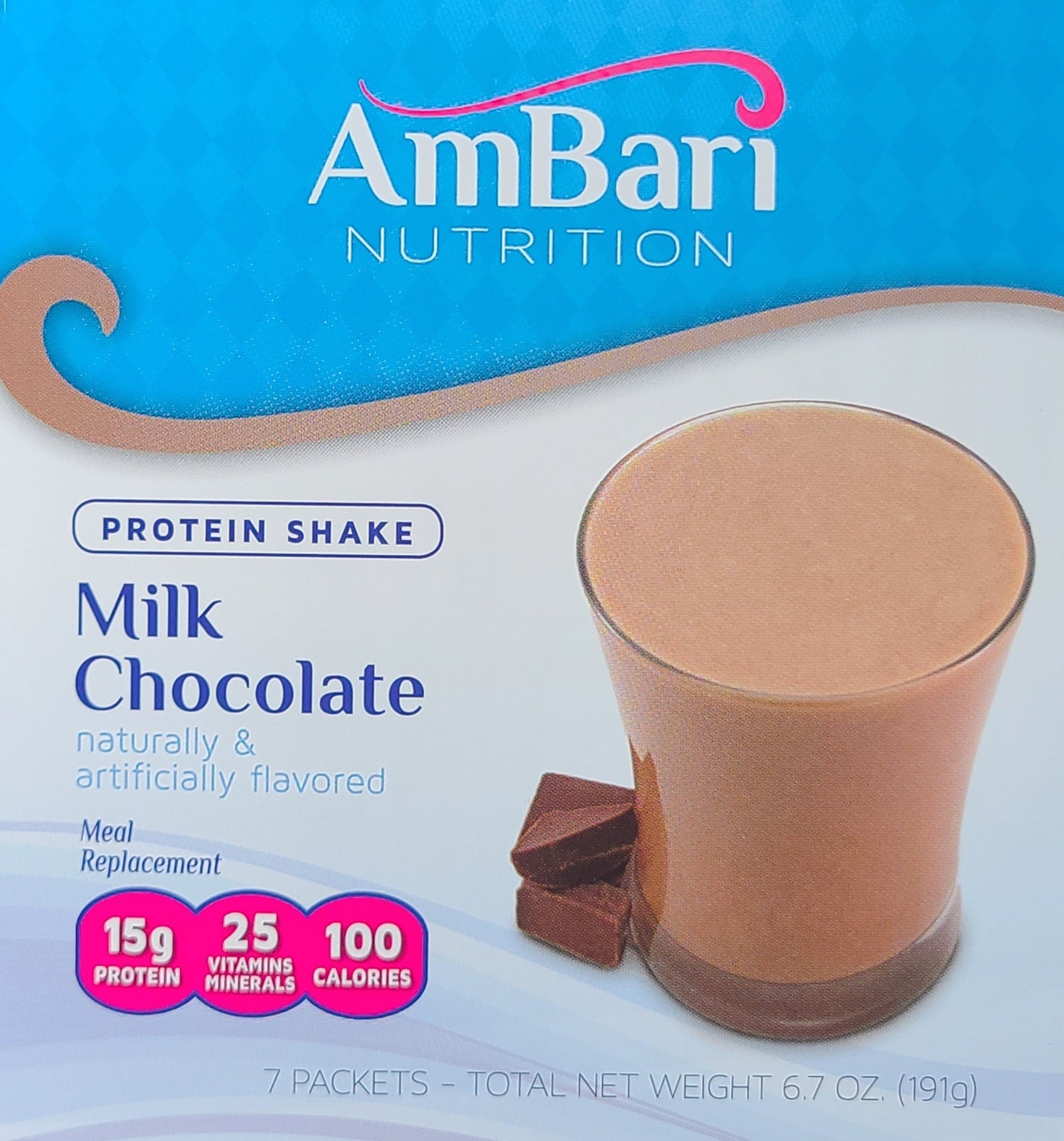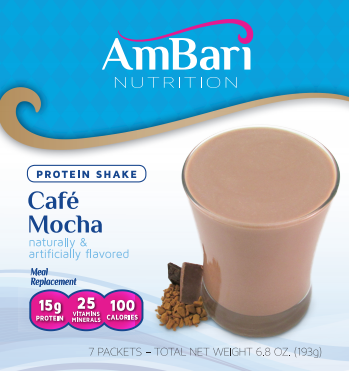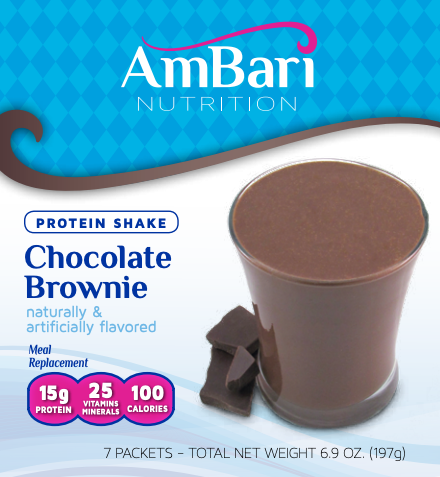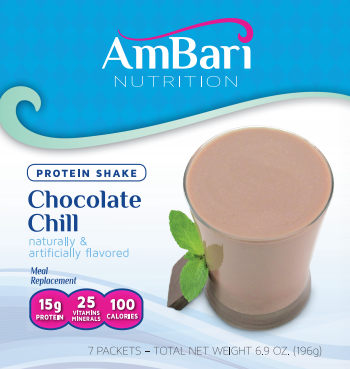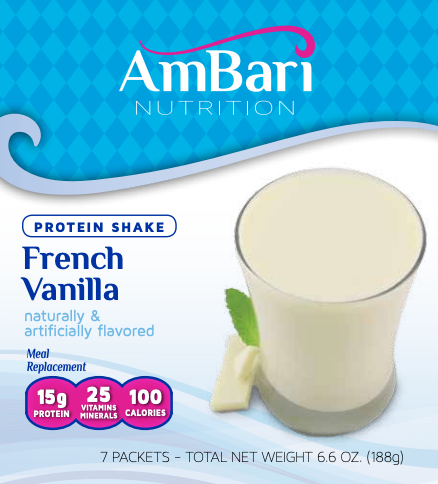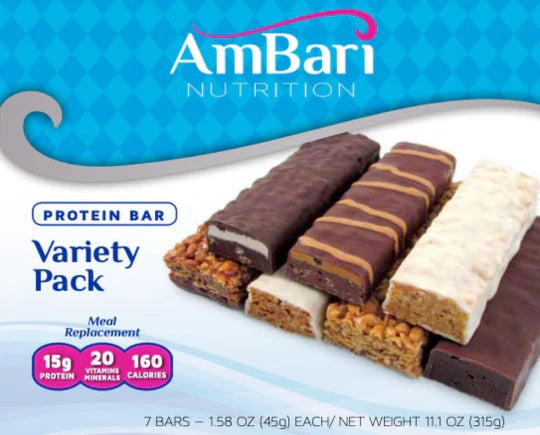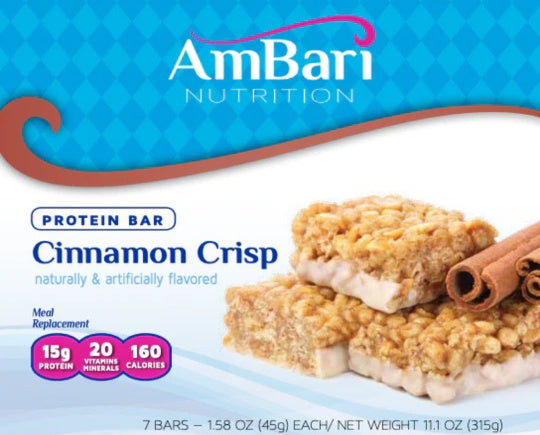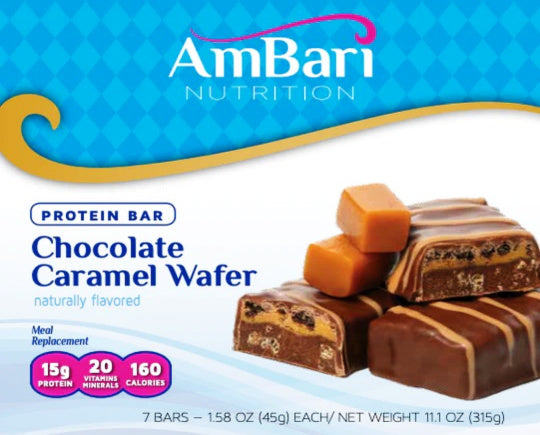Your cart is empty
What Foods Are In A Bariatric Diet?
Foods In A Bariatric Diet

"After bariatric surgery, patients must adhere to strict dietary changes in order to promote weight loss while preventing nutritional deficiencies," says Dr. Huffman, bariatric physician. This specialized post-operative diet focuses on high protein, low calorie foods that provide optimal nutrition within strict portion sizes.
By understanding the key food groups emphasized and avoiding other problematic foods, bariatric patients can better stick to their new dietary lifestyle. In this complete guide, learn everything you need to know about constructing the ideal bariatric diet.
Protein Foods
Protein is essential after bariatric surgery for preserving lean muscle mass as the body sheds fat.
Good sources of protein to incorporate often include:
- Lean meat and poultry (beef, pork, chicken, turkey)
- Fish and seafood (tuna, salmon, shrimp)
- Eggs and egg whites
- Tofu
- Low-fat dairy products
- Protein powders and bariatric protein shakes
- Bariatric-friendly protein bars
Aim to include a serving or two of protein with every meal and snack throughout the day. Proper protein intake levels can also help patients feel fuller between meals.
As Dr. Huffman explains, "Getting 70 to 100 grams of protein daily is crucial for maintaining energy levels and avoiding the loss of muscle along with fat."
Fruits and Vegetables
Fruits and vegetables are vitally important after bariatric surgery, providing fiber, vitamins, minerals, and volume that help patients feel satiated. Some fibrous vegetables and fruits may be harder to digest within the first few months after bariatric surgery so these fibrous foods should be added back into your diet slowly. Focus especially on high fiber fruits and vegetables whenever possible, such as:
Fruits:
- Berries (strawberries, raspberries, blackberries)
- Citrus fruits (oranges, grapefruit)
- Apples
- Pears
Vegetables:
- Broccoli
- Carrots
- Leafy greens (spinach, kale)
- Asparagus
- Green beans
Aim for at least 3-5 servings of fruits and vegetables daily. Be mindful of preparation methods, emphasizing steaming, roasting, grilling or sautéing instead of frying to avoid excess oils or fats.
Grains
Whole grains can provide important fiber and nutrients in a bariatric diet, but portion control is essential. Stick to about 1/2 cup cooked grains per meal, with a focus on whole grains like:
- Brown rice
- Quinoa
- Oats
- Whole wheat or high fiber pasta
On the other hand, refined grains like white bread, rice, and other processed baked goods are not recommended as they offer very limited nutritional value.
Dairy Foods
Low fat or nonfat dairy products like milk, yogurt and cheese can provide protein and calcium after surgery. However be mindful that "Many bariatric patients struggle with lactose intolerance and need lactose-free alternatives," says Dr. Huffman.
Some good dairy options include:
- Nonfat Greek yogurt
- Low-fat cottage cheese
- Nonfat milk or lactose-free milk
- Reduced fat cheeses
Fats and Oils
While small amounts of fats are allowed in a bariatric diet, it's best to strictly limit calorie-dense fried foods, fatty cuts of meat, chips, desserts and other high-fat foods.
"Rather than frying foods, focus mainly on healthier fats from plant sources like olive oil, avocado, and seeds," advises Dr. Huffman. Portion control remains essential even with these healthier fats.
Hydration
Hydration is critical before and after weight loss surgery, helping to ease digestion and prevent dehydration. Aim for at least 64 ounces of fluids per day, focusing on:
- Water
- Unsweetened coffee or tea
- Sugar-free flavored waters or electrolyte drinks
Be sure to sip fluids slowly throughout the day rather than guzzling large amounts at once. This helps prevent pain, nausea or vomiting.

Eating Habits and Lifestyle Factors
Along with food choices, several key eating habits characterize an optimal bariatric diet:
- Consuming small, frequent meals: This helps ensure consistent nutrition while preventing overeating.
- Thorough chewing: This allows time for the brain to receive signals of fullness.
- Avoiding snacking or grazing: This helps prevent extra calorie intake.
- Joining support groups: This provides accountability, tips and inspiration.
Proper vitamin and mineral supplementation is also essential after bariatric surgery. A tailored bariatric vitamin regimen can help prevent dangerous nutritional deficiencies.
Conclusion
A bariatric diet represents a major shift, but patients find that over time, small frequent meals focused on lean protein, fruits, vegetables and whole grains become second nature. Paying close attention to nutritional needs and proper eating habits while adopting lifestyle changes leads to successful, sustained weight loss.
Author: Allison Allison, a certified nutritionist and research author, brings over 15 years of experience in the health and weight loss industry. Allison's influence extends through her authorship of multiple health and wellness journals, where she shares her expertise and research on medical weight loss and bariatric medicine. |
Reviewed & Edited By: Dr. K. Huffman Dr. Kevin D. Huffman, D.O., is a board-certified bariatric physician renowned for his expertise in treating obesity. With over 10,000 patients and a reputation as a national leader in bariatric medicine, he has trained hundreds of healthcare providers. As the founder of American Bariatric Consultants, Dr. Huffman develops protocols and training materials sought after by medical societies, pharmaceutical companies, patients, and hospitals. |
Bariatric Guides & Information
More Info
Customer Favorites
- Choosing a selection results in a full page refresh.





